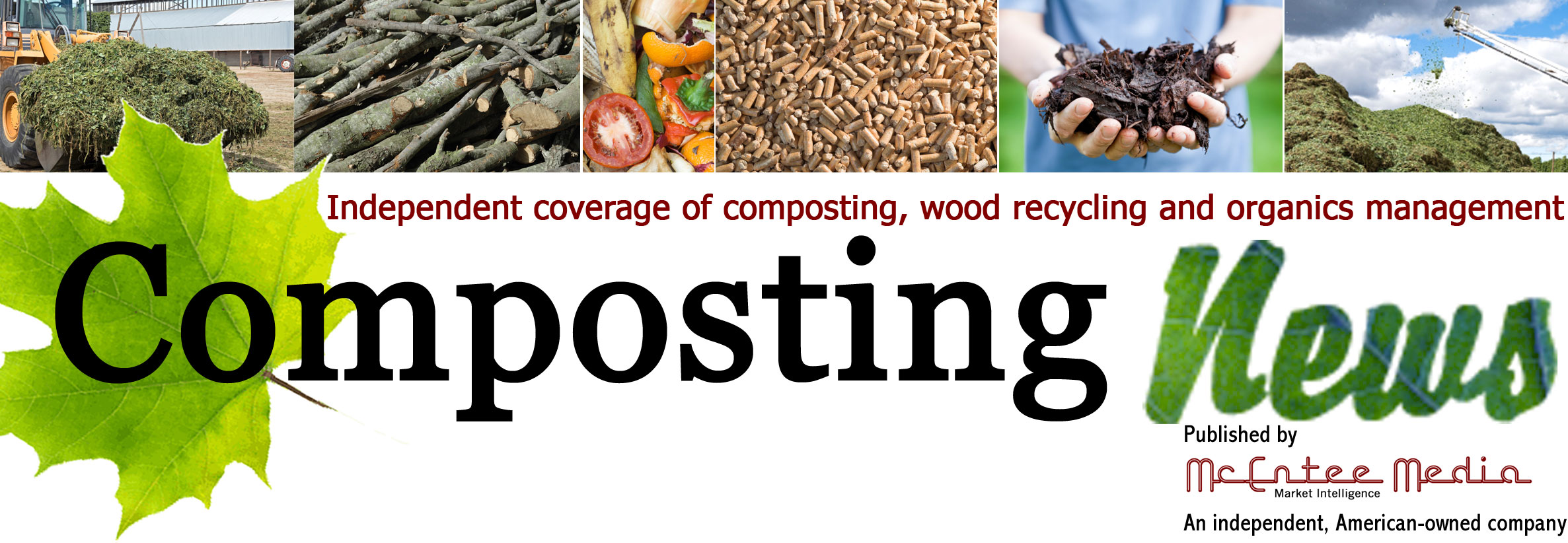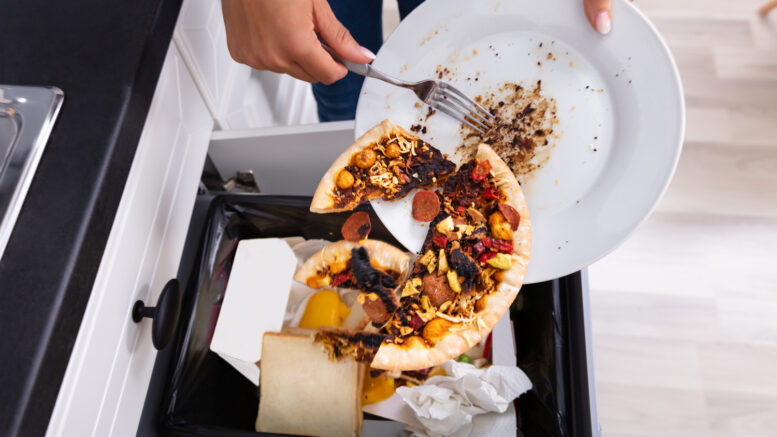The Washington state legislature this month approved a bill that would divert food waste and other organic material from landfills. HB 2301 has been sent to Gov. Jay Inslee for his signature.
“HB2301 takes yet another big step forward to get food waste out of the landfill,” said Rep. Beth Doglio (D-Olympia). “Food waste is a major contributor of methane gas—a potent greenhouse gas—when it rots in landfills. “Edible food that often ends up in the landfill should be going to feeding people and the rest to compost and other organic management technologies. Plus, reducing food waste is something people can do in their daily lives to help fight climate change.”
The bill, which passed the Senate by a vote of 30-19 and previously the House by a vote of 58-39, builds on a 2019 bill also led by Doglio, the prime sponsor. The earlier bill established a goal to reduce the generation of food waste by 50% by 2030 and reduce edible food waste by 50%. A second bill, championed by Rep. Joe Fitzgibbon (D-Seattle) in 2022 (HB1799), established state goals to divert 75% of organic material to landfills by 2030 and recover 20% of disposed edible food by 2025, both relative to 2015 levels.
HB 2301 taps into existing capabilities to source large volume donations for distribution to state food bank distribution centers who in turn will offer it to food banks and pantries throughout the state.
“Washington state has always been a national leader in terms of composting and this bill provides excellent opportunities to expand composting access across the state,” said Jay Blazey, general counsel for Cedar Grove Composting, Seattle. “The environmental benefit of composting compared to landfilling cannot be overstated.”
As part of HB2301, compost collection will be required for single family residents in urbanized areas of the state. The bill also sets up a new grant program to help city and county staff and others to do technical assistance, education, enforcement and upgrade infrastructure.
“It will be great when more of our residents are separating their food scraps and sending them to composting or other technologies such as anaerobic digestion or even vermiculture by worms,” said Heather Trim, executive director of Zero Waste Washington, Seattle. “I am especially excited by the study that [the Department of] Ecology will do to look at the status of plastic produce stickers. Consumers and composters really want to get rid of those and switch to paper or compostable stickers.”
Kate Kurtz, president of Washington Organic Recycling Council (WORC), Gig Harbor, Washington, said WORC believes HB2301 is a win for hunger relief, the climate and health of soils.
“The bill also gives facilities and haulers the predictability of feedstock generation they need to make decisions about expansion and other capital investments here in Washington,” Kurtz said.
HB2301 also modifies requirements for products to be labeled as compostable to be sold in Washington.
“We are pleased that HB2301 addresses the need to properly manage compostable products in the marketplace as these products play an important role in food waste diversion,” said Janet Thoman, co-director and legislative liaison for the Compost Manufacturing Alliance, Port Orchard, Washington, one of two national compostable product certifiers based in the state.
Follow us on social media:

Be the first to comment on "Food waste bill heads to Washington governor"